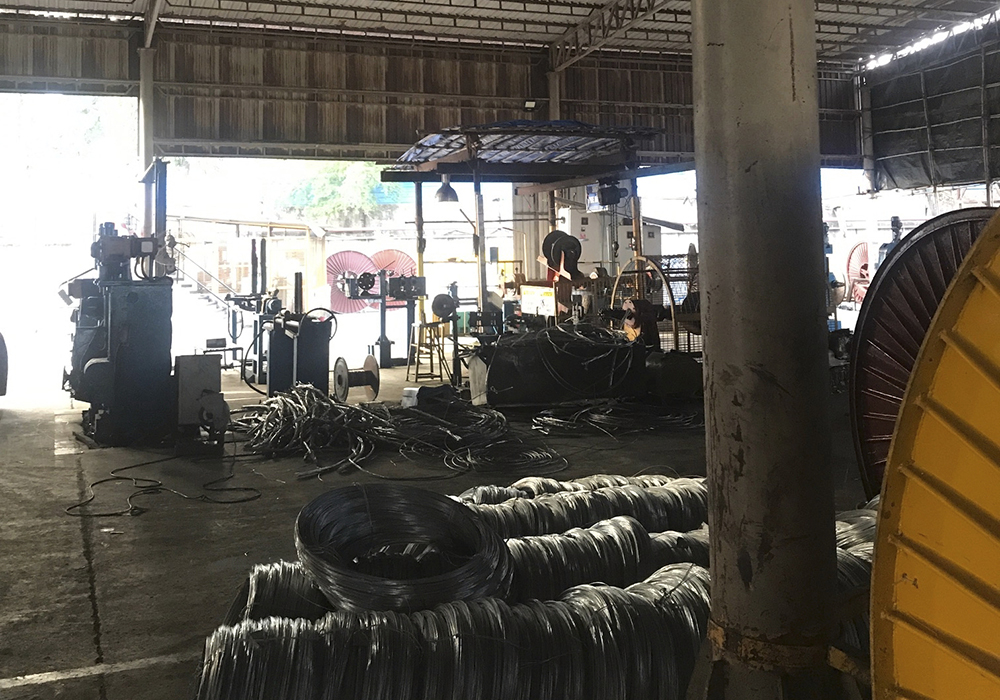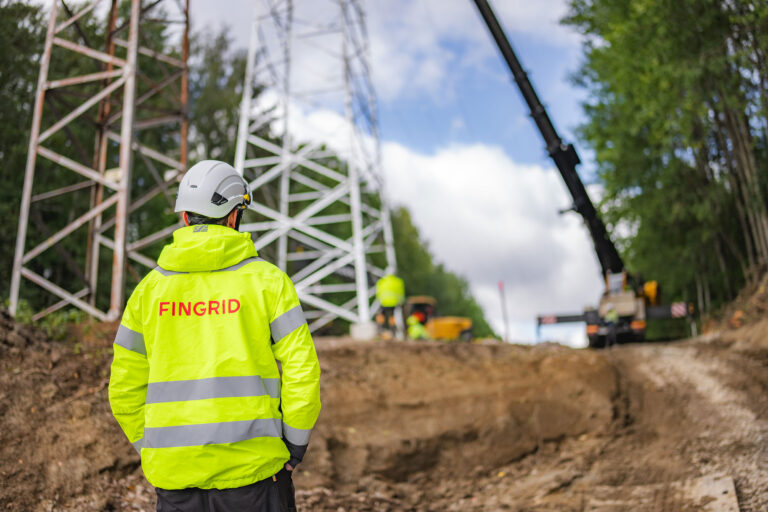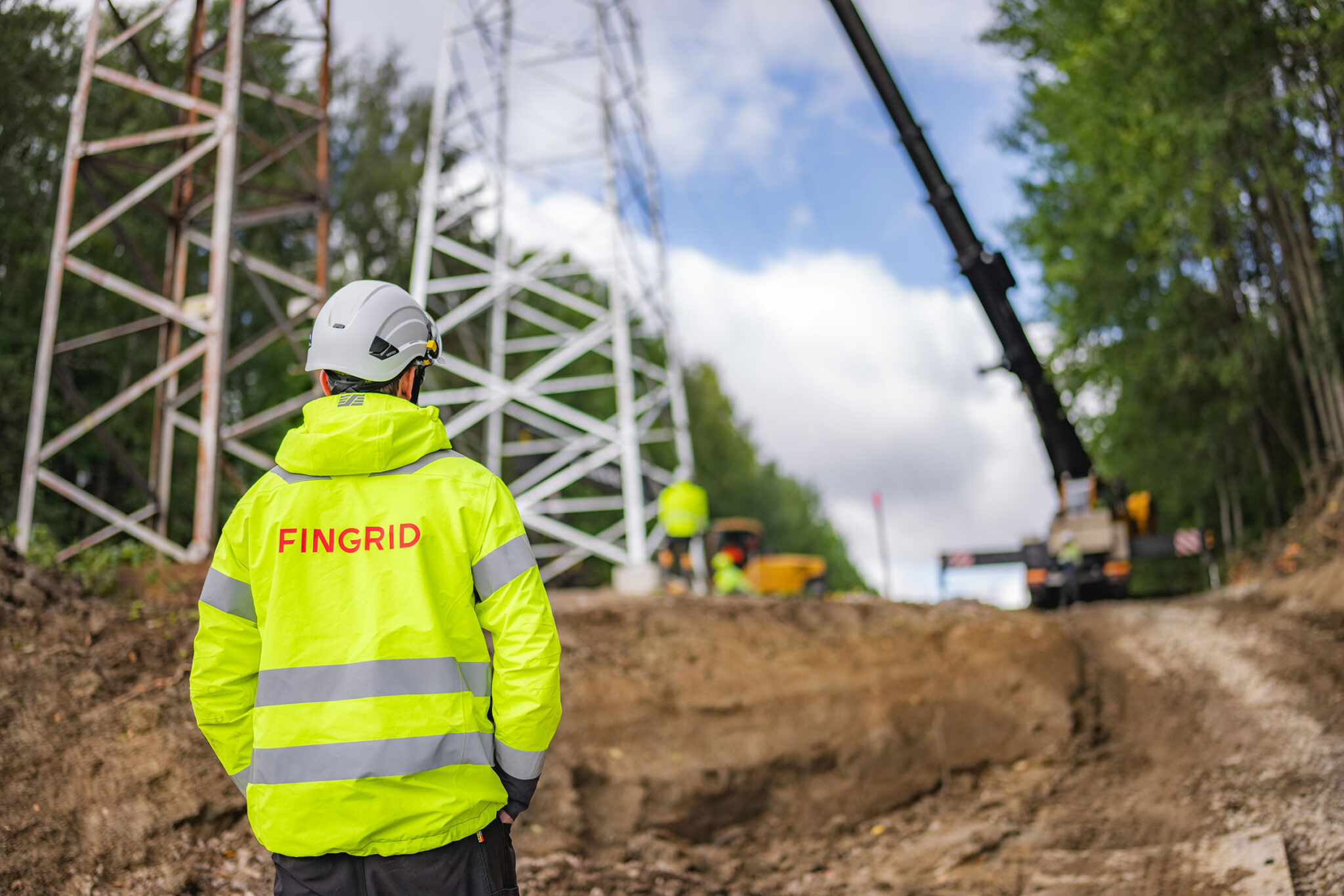Last year, Fingrid commissioned about 20 corporate responsibility audits at the factories of equipment and material suppliers around the world. Audits determine whether the working conditions and operating methods meet Fingrid’s corporate responsibility requirements.
According to Satu Vuorikoski, Fingrid’s Development Manager, Corporate Responsibility, audits are a part of Fingrid’s strategic approach to corporate responsibility.
“We are a client organisation, so ensuring that our procurement activities are responsible is a key part of the corporate responsibility of our operations as a whole. We want to be sure that occupational safety and decent working conditions are realised throughout our procurement chain,” Vuorikoski says.
In 2019, factories in seven countries underwent audits. According to Vuorikoski, audits are risk-oriented and are often conducted proactively.
“In addition to our current suppliers, we audit the potential suppliers of materials or equipment for upcoming construction projects.”

Auditing reveals whether promises measure up to reality
According to Keijo Välimaa, Fingrid’s Construction Manager, audits are an important means of checking how the occupational safety and other corporate responsibility matters stated in agreements are implemented in everyday work at factories.
“We strive to verify the promises made on paper by checking factory conditions, interviewing employees, verifying records of working hours or documents such as production reports,” Välimaa summarises.
The matters checked during audits are related to the UN Global Compact, the world’s largest corporate sustainability initiative to which Fingrid has committed itself.
“We have drawn up our own corporate responsibility requirements based on the UN initiative and human rights principles. Suppliers must meet national legal requirements but, irrespective of these, we require partners to observe Fingrid’s corporate responsibility principles on matters including the use of appropriate personal protective equipment, such as hearing protectors, helmets and safety footwear,” Vuorikoski says.
Local auditors and a standardised concept
Outside Finland, audits are performed by local auditors working for international audit firms who are familiar with the local language, culture and legislation.
According to Jenni-Julia Saikkonen, Environmental Specialist at Fingrid who is responsible for commissioning audits and processing the results, every audit follows a standardised concept, reviewing occupational safety, the work culture and matters related to employment contracts, such as working hours and remuneration. The factory’s management system, environmental management and business practices are also evaluated. Confidential interviews with employees are an important part of auditing.
“An audit provides a random sample of a factory. It is not possible to inspect every last detail of a factory, but no sections remain entirely unchecked;” Saikkonen says.
The most common deviations occur in occupational safety and working hours
After visiting the factory, the auditor sends a report to Fingrid and the audited supplier. Any deviations are reviewed jointly, and the factory’s managers prepare a plan and timetable for rectifying the shortcomings.
“During the first audit, shortcomings are often identified in fire alarm systems, fire extinguishing equipment or emergency exits. Other common complaints relate to working hours, remuneration and the use of personal protective equipment,” Välimaa says.
According to Vuorikoski, the deviations identified in audits performed in 2019 are mainly related to occupational health and safety, management systems, working hours and salary payment practices. There were no indications of severe human rights violations, such as child labour or modern slavery, in any of the audits commissioned by Fingrid.
Tangible improvements to everyday work in factories
According to Vuorikoski, Välimaa and Saikkonen, the tangible improvements to working conditions and corporate responsibility in factories are evidence that the auditing process is functioning correctly. Improving the corporate responsibility related to everyday work at factories also makes auditing more rewarding.
“Deviations can often be addressed soon after they are detected in an audit. Many factories have installed the missing smoke detectors, fire alarms and emergency lighting or repaired emergency exit doors. Deviations related to working hours and overtime are often addressed rapidly,” Saikkonen says.
The measures taken to address deviations are inspected during a repeat audit. If the supplier refuses to address the shortcomings, Fingrid is entitled to terminate the procurement agreement.
“Occasionally, we need to be tough, but our suppliers are usually keen to improve their operations,” Välimaa says.
Factory management systems have also become more responsible on the basis of audits. For example, social responsibility policies have been drawn up for some companies that were lacking them.
“Cases like these are very positive. In the best cases, they can give rise to a long-term culture of corporate responsibility and safety in factories,” Saikkonen says.
Read more about Fingrid’s principles and responsibe procurements.







